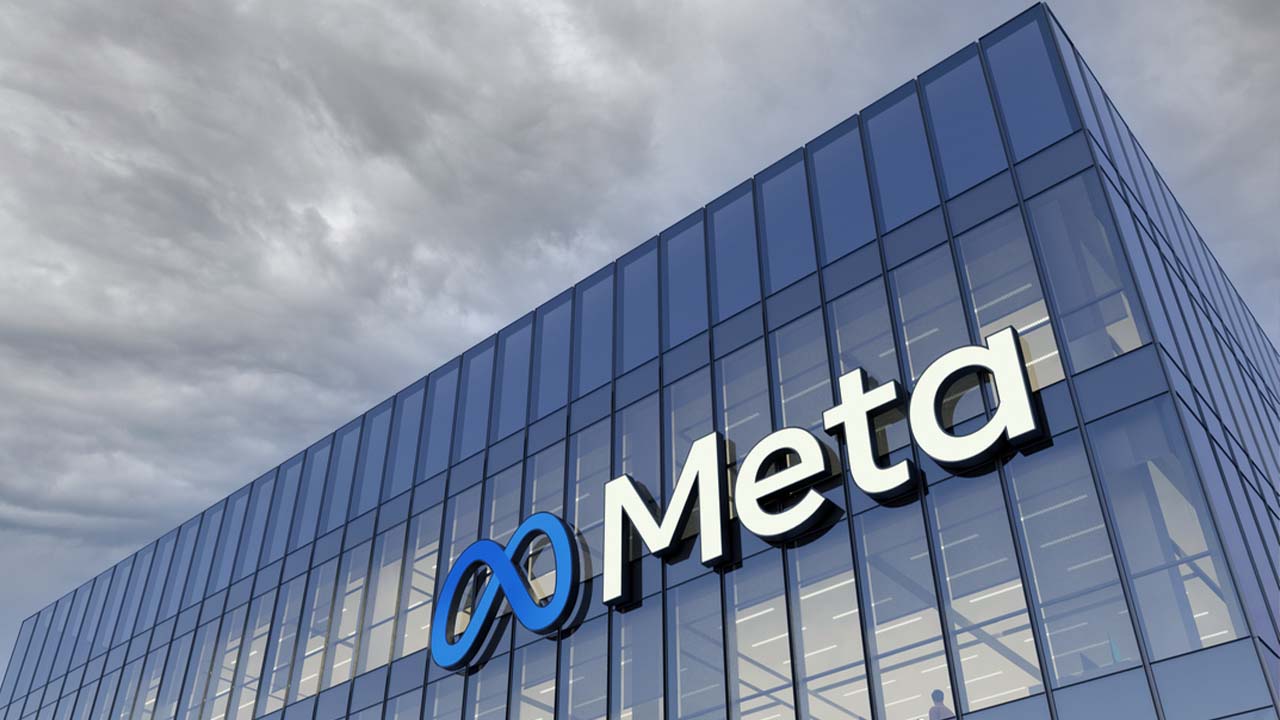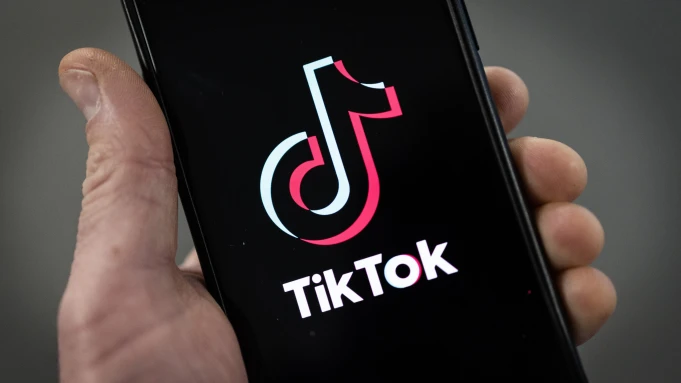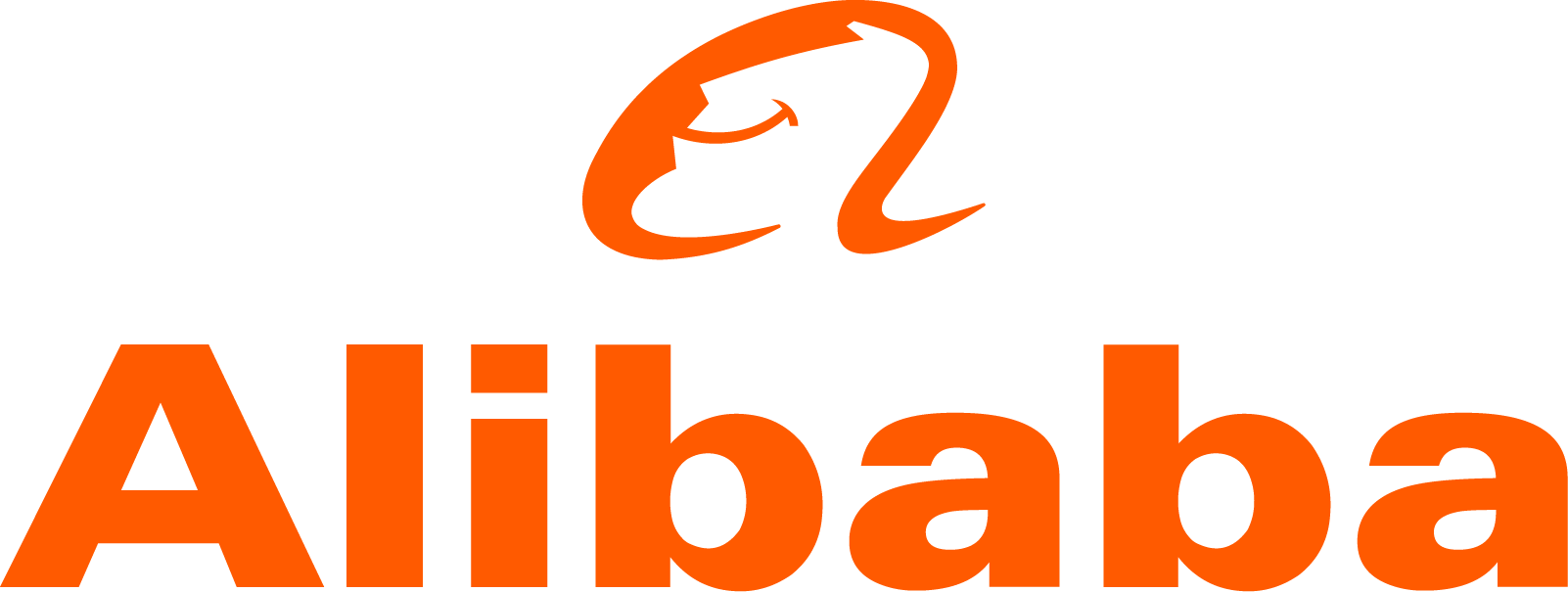
Meta slapped with a record-breaking $1.3 billion fine by the EU
The European Union slapped Meta with a record $1.3 billion fine and ordered it to stop transferring users’ personal information from Europe to the US where it is headquartered by October. While we are not certain if this might be the cause, the parent company of Facebook will be carrying out its third round of layoffs soon.
Alibaba also announced that it is cutting 7% of the workforce in its cloud computing division soon, as the unit gears up for an initial public offering.
In other news, TikTok announced that it is testing its own AI chatbot, Tako. The chatbot will appear on the right-hand side of the TikTok interface, above the user’s profile and other buttons for likes, comments, and bookmarks.
Here is a summary of the bulletin
- Meta slapped with a record-breaking $1.3 billion fine by the EU
- Bill Gates says AI technology could be the death of search engines.
- TikTok testing AI chatbot, Tako
- Alibaba to cut 7% of its workforce
- Meta begins its third round of layoffs
Meta slapped with a record-breaking $1.3 billion fine
Meta has been fined a record-breaking €1.2 billion ($1.3 billion) by European Union regulators for violating EU privacy laws by transferring the personal data of Facebook users to servers in the United States.
The fine is the largest since the EU’s strict data privacy regime took effect five years ago, surpassing Amazon’s 746 million euro fine in 2021 for data protection violations.

The Irish Data Protection Commission said in a statement that Meta’s data transfers were in breach of the E.U.’s General Data Protection Regulation (GDPR), rules that restrict what companies can do with people’s personal data.
The company said, “There is no immediate disruption to Facebook in Europe.” The decision applies to user data like names, email and IP addresses, messages, viewing history, geolocation data, and other information that Meta — and other tech giants like Google — use for targeted online ads.
“This decision is flawed, unjustified and sets a dangerous precedent for the countless other companies transferring data between the E.U. and U.S.,” Nick Clegg, Meta’s president of global affairs, and Jennifer Newstead, its chief legal officer, said in a statement about the fine.
The ruling attracted widespread criticism from industry representatives, who argued that it exacerbates the legal uncertainty facing a wide range of companies that send data across international waters. The practice provides the backbone for everyday functions such as collaborating with colleagues in an international office and fulfilling orders to a global customer base.
AI could be the death of search engines – Bill Gates
Artificial intelligence is here to stay, and Bill Gates believes that a personal agent will kill some of the biggest companies like Google, Amazon, and Shopify. According to Bill Gates, the leading artificial intelligence firm of the future will probably have developed a personal digital assistant that can carry out certain tasks on behalf of its users.
The co-founder of Microsoft, Bill Gates, said that AI could kill some of the tech giants like Google and Amazon. Gates believes that whichever company develops the first AI-powered personal assistant will dominate the industry.
“Whoever wins the personal agent, that’s the big thing, because you will never go to a search site again, you will never go to a productivity site, you’ll never go to Amazon again,” he said during a Goldman Sachs and SV Angel event.
Gates believes that this personal assistant will understand your routine or requirements, and it will also help you “read the stuff you don’t have time to read.” He also mentioned that the winner of the AI race in the future is still up in the air, and there is a 50-50 chance between startups and tech giants like Microsoft. On a side note, Gates said he would be “disappointed if Microsoft didn’t come in there.”
“I’d be disappointed if Microsoft didn’t come in there,” Gates said. “But I’m impressed with a couple of startups, including Inflection,” he added referring to Inflection.AI, co-founded by former DeepMind executive Mustafa Suleyman.
TikTok testing AI chatbot, Tako
Social media platform TikTok said on Thursday it is in the early stages of exploring a chatbot called “Tako” that can converse with users about short videos and help them discover content and is conducting tests with select users in the Philippines, Reuters reports.

It said Tako is designed to help users discover “entertaining and inspiring content” on the app. The bot is in limited testing in select markets, where it will appear on the right-hand side of the TikTok interface, above the user’s profile and other buttons for likes, comments and bookmarks.
The bot was discovered being publicly tested by app intelligence firm Watchful.ai, and TikTok confirmed the tests are now live.
“Being at the forefront of innovation is core to building the TikTok experience, and we’re always exploring new technologies that add value to our community,” a TikTok spokesman told TechCrunch. “In select markets, we’re testing new ways to power search and discovery on TikTok, and we look forward to learning from our community as we continue to create a safe place that entertains, inspires creativity and drives culture.”
Asked about Tako, a TikTok spokesperson said the social media platform was always exploring new technology. It is also understood that the bot will not appear on minors’ accounts.
Alibaba to cut 7% of its cloud computing division
Alibaba is cutting 7% of the workforce in its cloud computing division as the unit gears up for an initial public offering according to CNBC reports. The cloud computing division of e-commerce giant Alibaba Group Holding that is seeking an initial public offering in the next 12 months, is laying off about 1,000 workers.

Alibaba, the company that owns the South China Morning Post, has not made any public statements about the anticipated layoffs and has not yet responded to requests for comment. On Tuesday, a number of Chinese media sites covered the action.
Alibaba has been downsizing its payroll for months. Its headcount at the end of March was down by 4,524 people from December to 235,216, according to its first-quarter report. In the past 12 months, Alibaba has cut full-time employees by 19,725, about 7.7 percent of the division.
The massive Chinese e-commerce company will compensate those impacted by the decision with severance compensation. Alibaba has started alerting employees of the layoffs and is also assisting them in switching internal positions if they so choose.
This comes after it announced plans in March to split the company into six business units each with their own chief executive and board of directors.
Meta begins its third round of layoffs
Meta has begun its third round of layoffs as part of the company’s multibillion-dollar plan to save costs. The latest round is estimated to impact about 6,000 people. These cuts are part of the company’s so-called “Year of Efficiency,” in which Meta is being massively restructured to save money and flatten the organizational structure.

The employees anticipated being laid off. Although Meta previously reduced 11,000 roles in November, founder and CEO Mark Zuckerberg indicated in a March blog post that he would lose 10,000 jobs during two rounds of layoffs in late April and late May.
Meta employees with roles in user experience, marketing, recruiting, and engineering took to LinkedIn to announce they had been let go on Wednesday, backing up an earlier report by Reuters.
“As I’ve talked about efficiency this year, I’ve said that part of our work will involve removing jobs — and that will be in service of both building a leaner, more technical company and improving our business performance to enable our long-term vision,” Zuckerberg said in March in a post. “I understand that this update may still feel surprising, so I’d like to lay out some broader context on our vision, our culture, and our operating philosophy.”
After falling for three consecutive quarters, Meta stated in April that first-quarter revenue increased by 3% from $27.91 billion in the prior year.